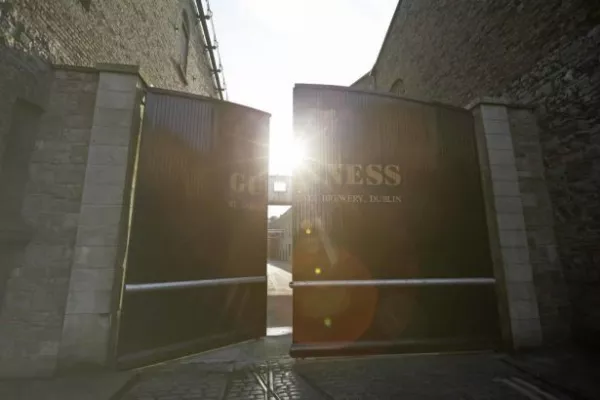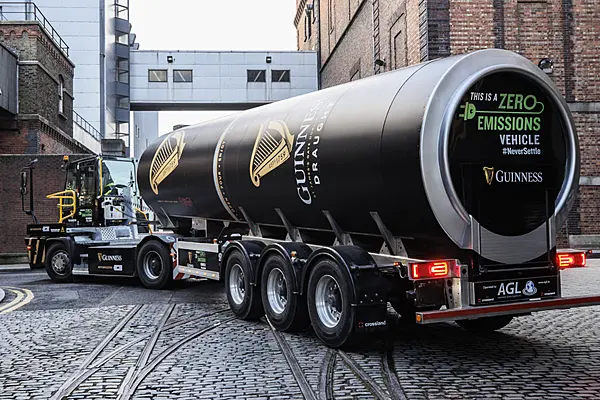Diageo announced a £1.5 billion share buyback and lifted its profitability target as the world's largest distiller said efficiency gains were running ahead of schedule.
The London-based company raised its goal for profit margin expansion to 175 basis points from 100 points over the three years ending in June 2019 and raised its objective for productivity enhancements to £700 million from £500 million. Diageo shares rose as much as five per cent in early London trading.
The distiller is joining other consumer-product companies, such as Unilever and Nestle, in cutting costs and boosting productivity in an effort to raise profitability. The moves come as activist investors take a growing interest in the sector.
Areas of focus will include Diageo’s supply footprint and promotional spending as the company implements a rigorous budgeting program, Chief Financial Officer Kathy Mikells said on a call. The company is using new tools to understand the return on investment in marketing with the aim of increasing profitability while keeping costs flat or driving them down.
"Higher cost-saving guidance and a £1.5 billion buyback give us confidence that Diageo's earnings momentum is set to accelerate,” wrote Olivier Nicolai, an analyst at Morgan Stanley, in a note in which he raised his price target on the shares.
Diageo’s revenue of £12.05 billion for the 12 months ended 30 June was slightly above an analyst consensus of £11.96 billion. Adjusted operating profit was £3.6 billion in the latest year, Diageo said in a statement Thursday. That matched analysts' forecasts.
In recent years, Diageo sold assets such as the Gleneagles Hotel in Scotland and some wine brands to focus on reigniting growth in its Johnnie Walker Scotch whisky and Smirnoff vodka. Last month, the company agreed to buy Casamigos, a tequila backed by George Clooney, in a deal worth as much as $1 billion. It’s also re-entered the Irish whiskey category, which it hadn’t competed in since selling Bushmills to Jose Cuervo in 2014.
News by Bloomberg - edited by Hospitality Ireland









